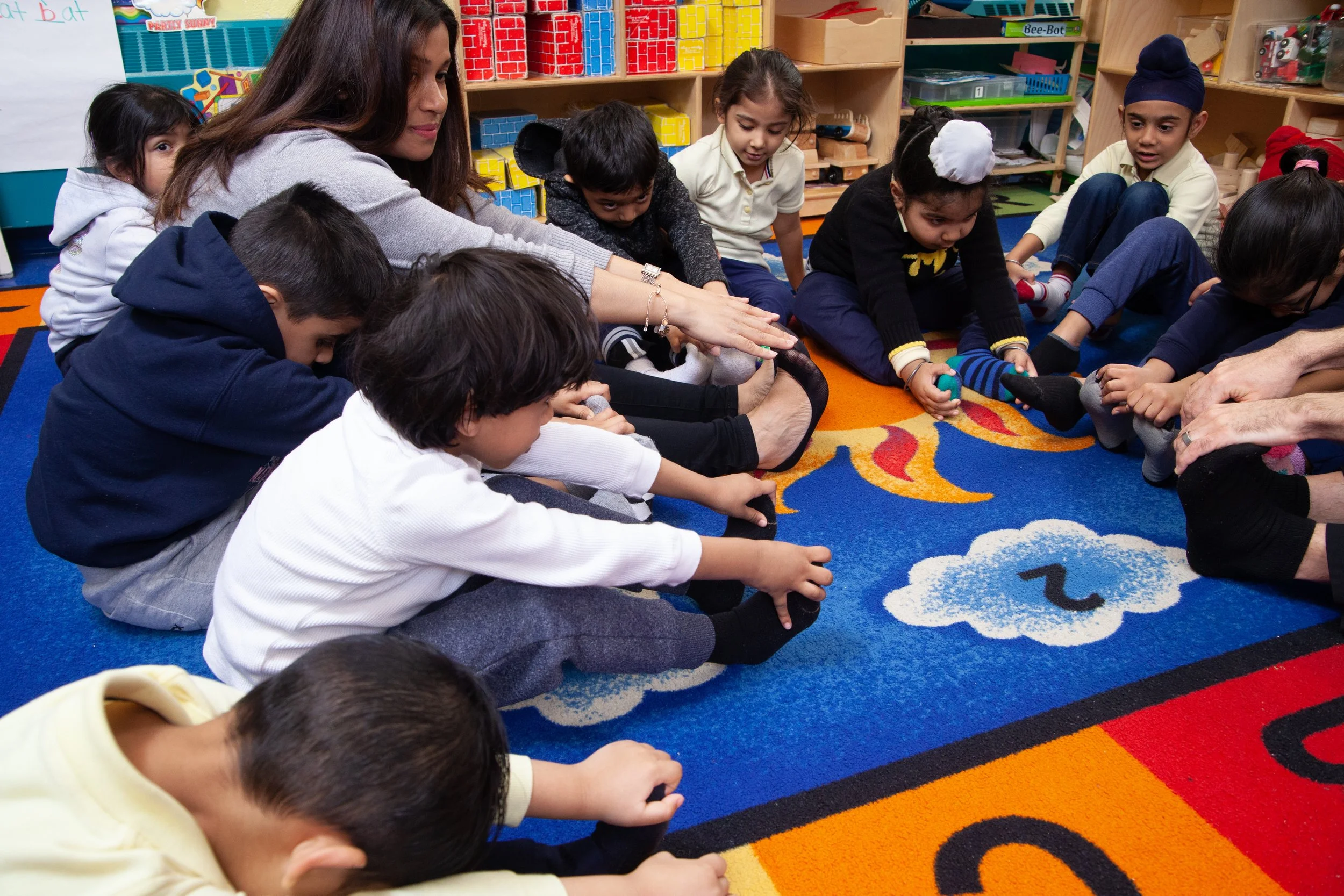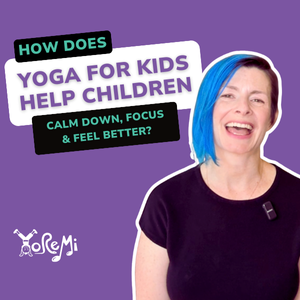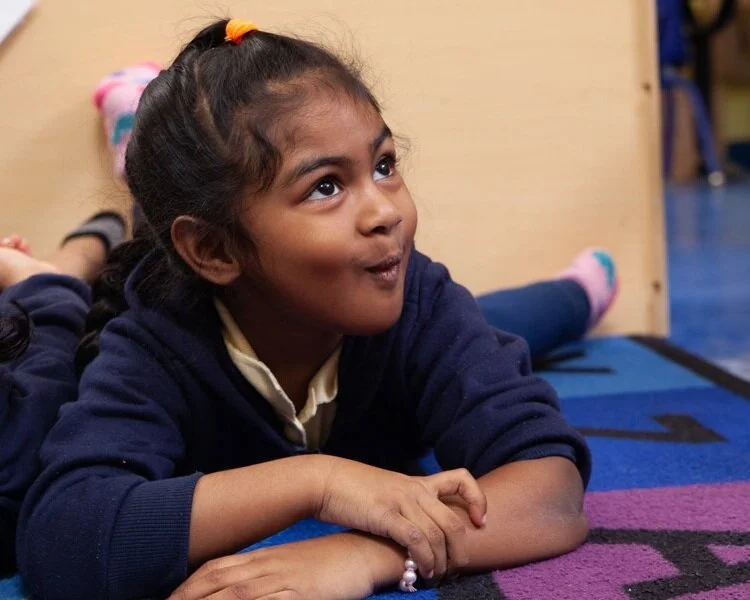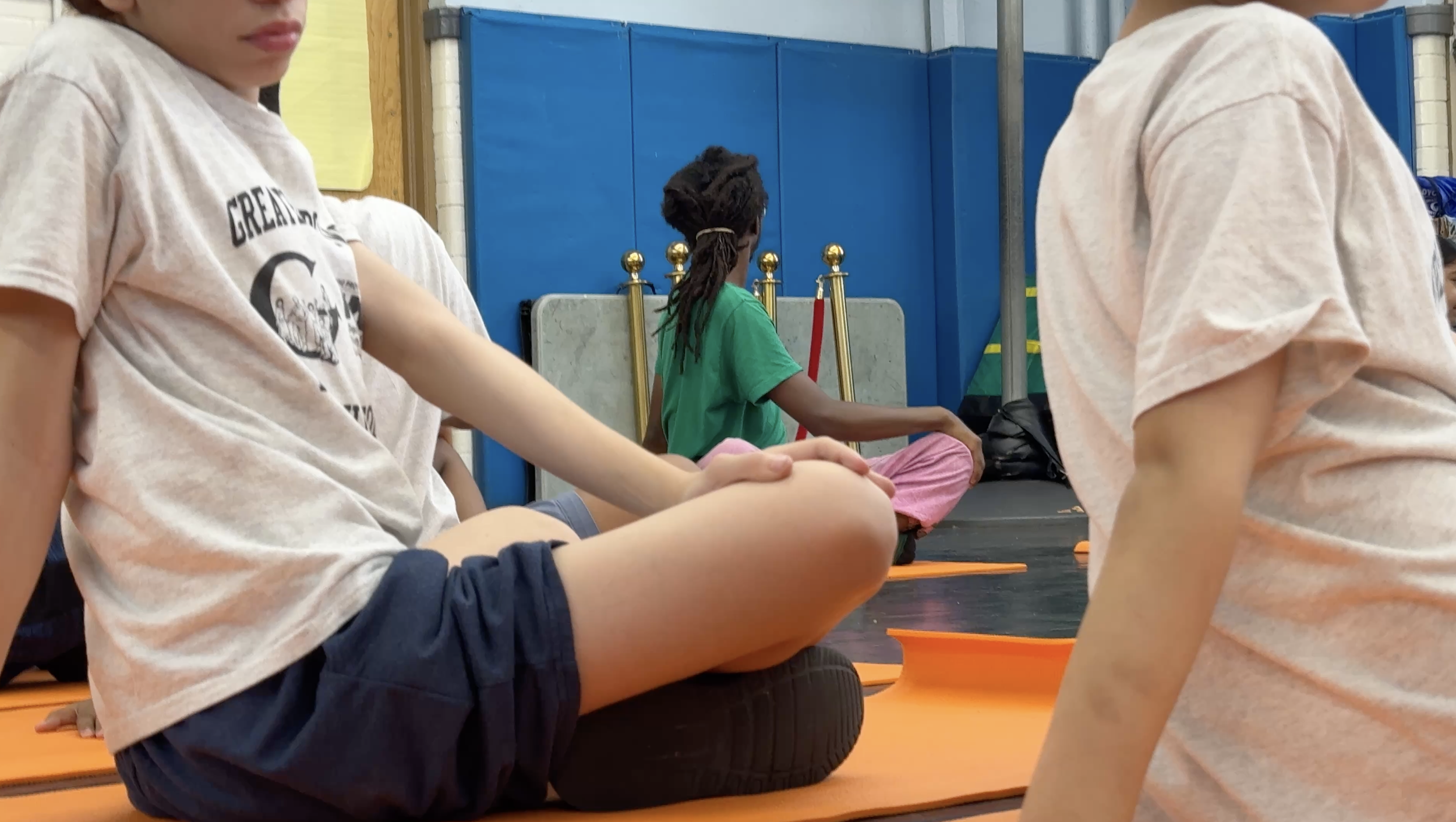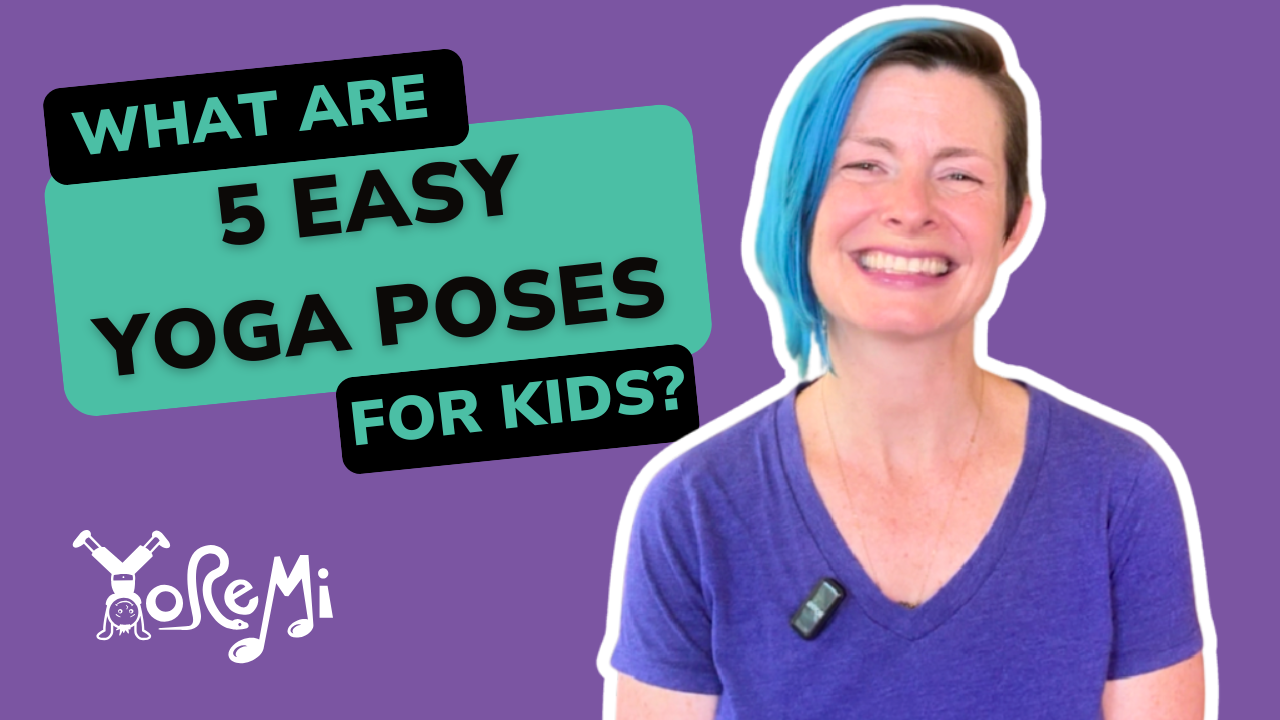6 Ways to Reduce Stress and Anxiety Around COVID-19
Let’s not pretend that anything is “business as usual.” Or “personal as usual,” for that matter. Things have changed. And many of us are stressed out about it.
Outside my window in Brooklyn, there are fewer cars on the road, fewer people walking by. People open doors or touch elevator buttons with their hands tucked into coat-sleeves. I washed my hands after opening the mailbox. My partner had to wait an hour to be LET IN to the grocery store, which was limiting indoor traffic to 25 people at a time. This is not normal.
People who had offices now work from their kitchen tables. People who lost service jobs are starting kickstarters just to pay rent. A small service business has pivoted to mostly online - with income momentarily down 95% - but how long is this moment going to last…or is it doomed?
This is not normal. Right?
My children are home from school now. They FaceTime with a friend here and there, trying to stay connected. Kids with spring birthdays are cancelling their parties. The mayor thinks everyone should stay at home all the time. This is not normal.
The COVID-19 outbreak has fired all my nervous reactors - I’m floating through space trying to navigate spaces unknown.
Have you been thinking anything like this?
How are we going to get through this?
Is this my new normal? Should I just get used to it?
I feel totally helpless and I’m not even the worst off right now.
I’m constantly thinking about what-ifs and then trying to keep my cool - when everything feels like it’s out of control and no one’s holding the reins.
I’ve seen this movie before and it ends pretty badly - What am I going to tell my kids?
Here are six things you can do to reduce your stress and anxiety around COVID-19.
1. Sleep and find moments of peace.
The American Psychological Association says, “Sleep is a necessary human function” - it doesn’t get clearer than that. Short-term consequences of sleep deprivation are changes in memory, judgment and attitude. Chronic deprivation has physical effects including hypertension and obesity.
An honest response to “You need more sleep!” could be, “But it’s my stress that’s keeping me up at night!”
I know. Me too. We have to make a conscious change in order to get ourselves PREPARED to sleep. Our routines are hard to break - but what if we make one simple change? Can a small change make a big difference? What if you ordered new sheets? Or took your phone out of the bedroom?
Try This: Floating Raft Relaxation
Put yourself in the mood to sleep through guided meditation like our Floating Raft Relaxation. Visualizations help us still and calm our mind. Children really benefit from using these before nap time.
Every Yo Re Mi adventure contains a pause for relaxation, so as you explore our Musical Yoga Adventures you might be inspired to create little stories or sayings which resonate with your family members.
2. Wash Your Hands
I know, I know. Been there, done that. Everyone has been telling everyone for their whole lives that they need to wash hands. The reason? It really works.
The novel Coronavirus breaks down under soap and water. It dies. Read the science. Soap molecules open the virus membrane and kill the virus. Water washes all the pieces away.
So to sound like a broken record: Wash your hands. For twenty seconds. Tops and bottoms. Scrub and sing. Extra clue from home: Have dry hands? Use coconut oil to moisturize! Plus, it has antibacterial properties!
Try this: Wash Your Hands
Wash Your Hands” was recently added to our library in the Yo Re Mi App, which in light of current events is now available to everyone regardless of your ability to pay. Some will request free access, while others can donate and support our ability to provide additional free access. It’s your choice.
3. Drink Water, Boost Immunity and Get Your Lymph Flowing
One of the hardest to see systems in the body is the Lymphatic System. But it’s role in our well-being could not be more important. Well-explained on this article, “Your lymphatic system is your body’s built-in sanitation center, the plumbing that carries away and filters out poisonous waste products from every cell, tissue and organ.”
Basically, our lymphatic system keeps our body refreshing and that boosts our immunity.
You can do two very simple things to promote lymphatic health. Drink water, and move. Drinking water provides the body with necessary fluids for internal cleaning, and even the most basic movements can help the lymph move effectively through the body.
And it might seem silly, but there is a certain type of movement is particularly effective in moving lymph through the body. Any guesses? Try Bouncing.
Bounce from your knees gently, or try using a rebounder or sitting on a yoga ball. Kids might like to try some extra fun jumping songs like “Jump In The Water” or “Hop A Lot, Stop!”
Try This: Hop A Lot, Stop!
I developed this song to promote listening in pre-school classrooms, and that listening can actually be pretty fun. It has the added benefit of moving fluid through the body, giving energy to the jumper and helping boost our lymphatic system. Great for morning or afternoon pick-me-ups!
4. Practice Non-Judgment
Everyone’s situation is different. Why is this person still going on vacation? Why is that man wearing a face mask? Who is letting their children ride the train today?
Truth is, we don’t know anyone else’s situation. And it’s not our place to.
Judgment often creeps in when we lack control over a situation, when we crave distance by pointing fingers, when we want space by making someone else the “other.” As it happens, that does nothing to help us.
We encourage people to use fact-based observations. Rachel wrote brilliantly about it a few weeks ago, so I encourage you to read back and absorb her incredible wise insight. The Reggio-Emilia approach shies away from praising or shaming, instead acknowledging effort and sticking to facts.
Try this: Communicate using Fact-Based Observations
Feeling weird and out of control? Talk about it. Try having a family discussion about your current situation plainly and honestly. When others have questions, try and answer the question they are asking without putting too much spin on the answer.
Using judgment-free language might be helpful, such as a starter like:
“Lots of people are worried about Coronavirus. I wonder if you have any questions about it.”
“We stayed home today instead of going to school. How did it feel to have a different kind of Thursday today?”
These or similar judgment-free openers might let your family know you are there to support, hear their thoughts without any worries about how they will be received.
5. Practice Gratitude
As honest and fact-based as we can be with the health crisis at hand, it’s also important to find things in which we take comfort. Try and find ways to round out the stress with some reflection and gratitude. A few questions to pose to your classroom or family during a discussion might be:
I know this situation means lots of things are different. Is there something that you’ve learned so far that surprised you? (Follow up: What are your feelings about that?)
What’s one thing about your day today that is the same as it was before these recent events?
Is there someone you’d really like to see today? How can we reach out to them?
Can you think of someone or some people who might be having a hard time right now? What could we do to help them?
Right now we’re relying a lot on technology to keep connected to each other. Can someone reflect on what people might have done before this technology existed?
Try This: Orange You Grateful?
Sit around your kitchen table, or your desks, or wherever, and have each participant peel an orange. Then take turns, eating one section of orange per round, and offering a question of gratitude: “Orange you grateful for (electricity)?” or “Orange you glad about (birthdays)?” By the time your oranges are done, you’ll have a long list of things you’re grateful for!
(I adapted this activity from Kidding Around Yoga. Their version includes a foam ball, and participants sitting in a circle, passing the ball to each other by only using their feet. But real oranges are so tasty and full of Vitamin C! Another version of this might be imagined to include deep breathing with the Breathing Ball.
READ NEXT: On Gratitude
6. Laugh and Be Silly
Seriously friends, have a post-dinner dance party. Make up a new song about something that happened today. Make up a new guessing game. Practice Laughter Yoga - it gets our air moving, and if you’ve made it this far into this blog, you probably know about the power of deep breaths to relieve stress and anxiety.
Sometimes the strangest situation is the mother of invention. Just because there is lots of darkness, stress and anxiety does not mean there isn’t also light and joy. When we find those moments it reminds us of our emotional vocabulary - that we exist in a spectrum of experience - and what is happening in the headlines isn’t the only thing that’s happening.
Try This: Sittin’ on the Floor
This song was created when a few three year-old students at Tribeca Community School were not excited to sit for our morning song. One child said, “This is too boring” and it caught like wildfire - complete with laughter and celebration of the rebellion.
Knowing these classrooms are very focused on collaborative learning, I sat on the floor with several youngsters and invented “Sitting on the Floor”.
By the second set of sounds, half of the standing children had joined me.
By the third set, I had all but one student with me.
When I sang “Oooh-wah” for the first time, several of the children were doubled over with laughter and the stander was also laughing and enjoying the song.
It became our gathering song for weeks to follow. Why? Because it was silly.
I also think it reflected the complex nature of something that is usually boring (sitting on the floor) becoming fun. And, the challenge of learning a repeating pattern is pretty fun.
Freedom to play, especially in the face of negative thoughts, can be a key point on the road to expression, discussion, and reflection.
“A bird does not sing because it has an answer. It sings because it has a song.”
It’s clear we will be dealing with the COVID-19 pandemic for a lengthy time to come. As you safely navigate the ever-changing road ahead, remember to care for yourself and your loved ones. Let us know how it’s going!
Save this article for later and don’t forget to download the Yo Re Mi app for children’s mindfulness and musical yoga videos.












